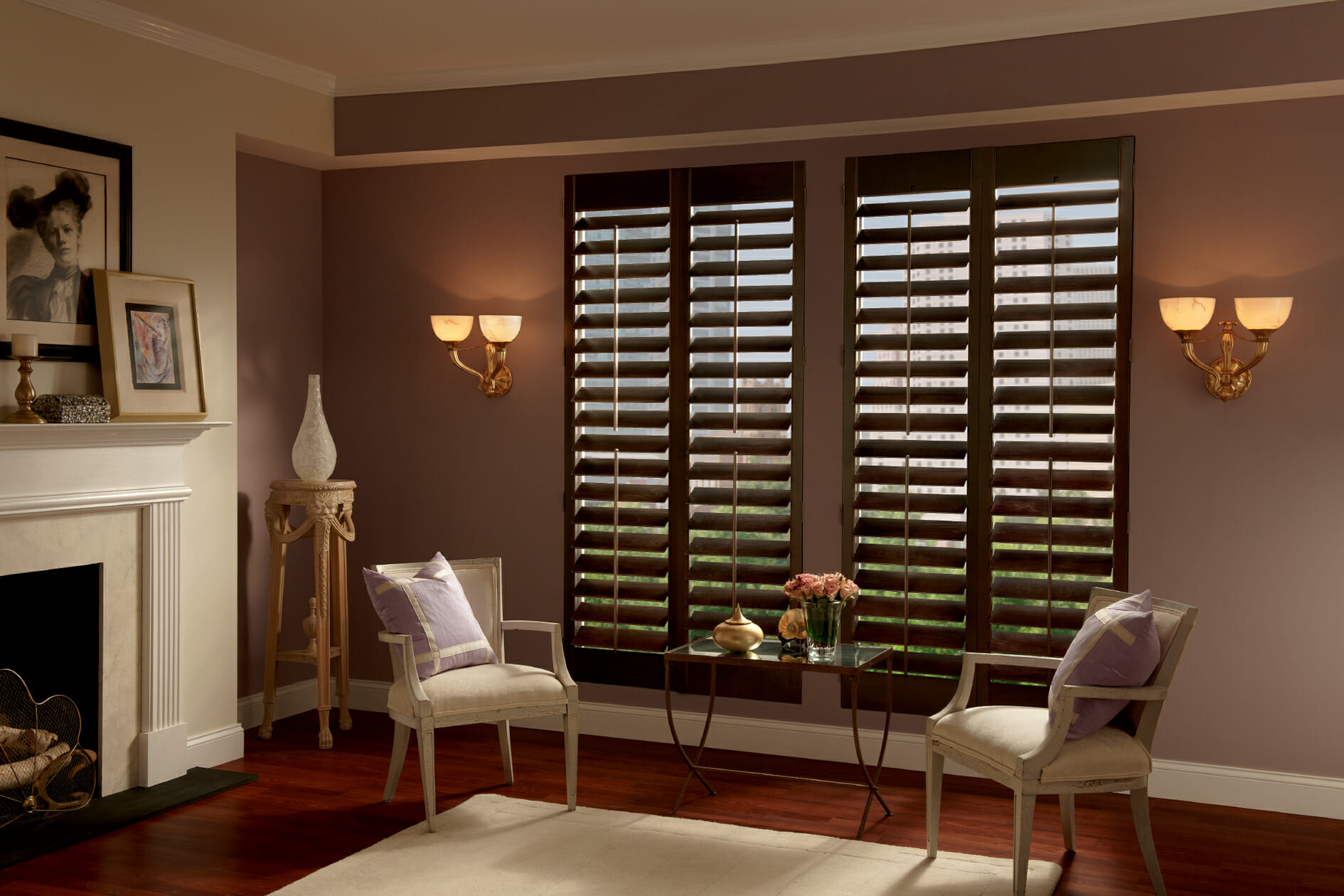How to Soundproof a Car
So, after months of saving, you finally purchased that dream audio system. While it’s good to have enjoyable sounds to accompany you while driving, the experience isn’t complete if they’re swamped out by noise pollution from outside your vehicle. Indeed, the irritating and annoying noises that invade your car can be quite annoying.
Don’t allow those rattling noises to drive you to road rage! But how to soundproof a car? When you’re driving to work, running errands, or just enjoying a Sunday drive, you can soundproof your vehicle with a few easy repairs so you can sit back, relax, and enjoy your music, conversations, or your peace and quiet.
In this article, we will discuss some of the ways you can reduce road and engine noise in a car, making it considerably more comfortable to travel in.

Sources of Road Noise
To start with, understand this – the noise you hear in your vehicle’s cabin is usually caused by one of three things: the vehicle’s mechanical components, the wind, or the tires. If your vehicle’s mechanical components are in excellent working order, the majority of the noise you’re hearing might be coming from one of the other two sources.
You can hear the noise as the tire tread creates contact with the road. The larger the tread of a tire, the more air volume it contains, resulting in a noisier tire (Learn more about sources of noise here).
How Does a Car Soundproofing Work?
While you may successfully minimize unwanted noise, it’s vital to remember that you’ll never be able to completely eradicate it! You’re going to hear some sound, regardless of the technique you choose or the soundproofing materials you use. This is particularly true with older vehicles.
As a result, if you’re trying to soundproof your vehicle, don’t expect to create a fully noise-free atmosphere. In fact, it’s not a good idea to try to fully eliminate all outside noise because that can be dangerous.
Soundproofing your automobile may significantly reduce the amount of outside noise you hear inside your vehicle, notably noise from the engine compartment and interior. In reality, using the soundproofing techniques listed below, you may decrease the sound level in your vehicle by up to 50% even more, if your car is modern and well-insulated.
So, How to Soundproof a Car?
Let’s look at some of the greatest noise reduction solutions for cars now that you know how important soundproofing your car may be. Keep in mind that the method you choose will be determined by your car and the exact outcomes you want to accomplish. Taking these considerations into mind, here are some suggestions for reducing noise in your car!

1. Engine Bay
According to studies, the engine accounts for around 40% of the noise you hear inside. This is especially true for diesel-powered vehicles.
Placing dampening or deadening mats with adhesive backings underneath your car’s bonnet is the best approach to sound deaden the engine. Simply measure your car’s hood, cut the mat to fit its form and size, then carefully place it underneath the hood!
2. Floor
Much of the noise that enters your automobile comes in through the undercarriage or the floor. The floor of a car, believe it or not, isn’t as thick as one might imagine, and it’s also rather near to the ground. Because of these elements, traffic noise easily enters a car through the floor.
Place dampening mats under your floor mats to reduce undercarriage noise. Standard floor mats gather dirt, protect carpets, add comfort, and enhance the car’s appearance, but they don’t help with soundproofing. That’s because they’re usually thin and aren’t constructed of sound-absorbing materials.
There are numerous varieties of floor dampening mats available, but Damplifier Pro and Dynamat are two of the best! These items are made of butyl rubber and have a foil constraint layer on one side and an adhesive substance on the other to keep the material in place.
However, keep in mind that these products are often expensive; however, considering the benefits they offer, they are well worth the money!
Video: Dynamat Sound Proofing For Your Car & Boat
3. Insulate the Doors
Because many cars have narrow doors with little insulation (simply an empty hollow inside), insulating your doors can significantly reduce the amount of road noise that enters your vehicle.
To insulate your doors, you must first remove the interior panels. To do so, find and remove all of the screws on the inside of your vehicle doors. This will reveal the interior of your door, allowing you to estimate how much insulation you’ll need.
Choose insulation with a peelable adhesive back, such as Noico, and peel and attach it to the door. This will make the process much easier than physically sticking insulation down, which normally involves the removal of the entire door.
Consider getting an all-in-one kit that includes everything you’ll need to insulate your car doors for the quickest installation. When putting the insulation, try to cover as much of the inside of the doors as possible, but don’t cover or block any of the door’s functions, such as the locks and the parts that enable the windows to go up and down. Reattach the inside panels after the insulation is in place, replacing and securely locking all screws.
Video: Car Door Sound Deadening for Under $20! – BMW Z4 Vlog #20
4. Windows
If your windows have little gaps or cracks around the edges, noise may easily sneak inside. Remember that sound travels through air and may easily pass through even the tiniest cracks and crevices! That’s why it’s crucial to use adhesives to keep them together. However, be aware that the adhesives aren’t really appealing. They may even interfere with the look of your window.
If you don’t want this to happen, you may use dampening materials to reduce noise from windows. If you’re on a tight budget, consider buying aluminum foil-backed EPE foam insulation instead. Because the spaces around your window’s borders will not be sealed shut, they aren’t as effective as adhesives. Nevertheless, they might be effective sound dampeners for your windows.
Video: How to reduce wind noise in any car
5. Roof
A car’s roof, like its doors, has very little – if any – insulation. You may reduce the amount of wind noise that enters the car by using insulation, resulting in a quieter ride. Additionally, insulating the roof prevents heat from entering the vehicle, making it more relaxing to drive.
Use a sound deadening material, such as those described above, to insulate the roof. For the simplest installation, we recommend choosing a material with a peel-and-stick backing.
Remove the fabric headliner with care to prevent damaging the material, since it will need to be reapplied when the insulation is installed. After that, take measurements of the roof, apply the dimensions to the sound deadening material, and cut to size.
Wipe the roof down with rubbing alcohol and a clean towel before applying the insulation. Dirt and debris will be removed, allowing for improved adhesion. Reapply the fabric headliner with glue after the insulation is in place.
Video: How can I reduce sound and heat in the roof of the car?
6. Tires
Because your wheels are the only element of your vehicle in direct touch with the road, every vibration that enters your vehicle while driving must travel through them; in fact, some tires can cause your vehicle to create annoying squeaking noises when turning. Replacing your tires may have a big impact on road noise!
Here are few essential factors to consider while looking for tires that can help soundproof your car and minimize road noise:
| 1. Tire size | Low profile tires are the worst for road noise, while tires that maximize the amount of rubber between your vehicle and the metal wheel are the best. Unfortunately, fashion dictates that the most appealing wheel type these days is a big wheel with a very narrow profile tire. You should check your car manual to determine the maximum tire size that your vehicle can handle, and then choose that option. |
| 2. Tire width | The more contact the tires have with the road, the broader they are. The more touch your tires have with the road, the more vibrations they pick up, and the more noise you’ll hear inside the car. Choose the narrowest wheels your vehicle can support to decrease noise. Your car’s manual, again, should tell you how thin you can go without risking harm. |
| 3. Tire noise rating | The majority of reputable tire manufacturers now include a noise rating on their products. The decibel rating and a three-wave symbol are included. The decibel rating of STC is the number of decibels measured by the manufacturer during tire testing, the lower the decibel rating, the better (Learn more about STC rating here). |
Video: Are Noise Canceling Tires really quiet?
7. Other Methods
Here are other methods you can try in soundproofing your car.
| 1. Soundproof your trunk | Noise may enter your vehicle’s cabin through the trunk, just like it does through the undercarriage, doors, and roof. Install sound dampening material along the sides and bottom of the trunk to eliminate unwanted noise. Use a high-quality sound deadening substance and apply it in the same way as previously recommended! Remove everything from your trunk, including any carpeting that might be on the floor. Measure the areas to be covered, transfer the measurements to the material, cut it to fit, and fix it in place. |
| 2. Buy a new stereo | Let’s assume you don’t want to go to the trouble of soundproofing your car by placing padding all over it. What are your options now? That’s what it’s all about: jamming out! If noise cancellation by dampening mats and foam isn’t your style, a new sound system may be installed inside your car to aid with outside noise. If you decide to go this route, you’ll need a system for your car that is loud enough to drown out the noise. Typically, anything with a lot of bass capabilities would do. However, always be careful not to blast loud noise with your fellow drivers, if you don’t want a noise complaint, that is. |
In Conclusion
Believe us when we say that we understand how inconvenient and noisy the drive to work can be, and we understand why someone may wish their car could be soundproofed. While these techniques won’t eliminate all noise, they will considerably reduce what you hear and perhaps provide you with a little quieter throughout your journey.
With all these DIY soundproofing techniques you can try to soundproof your try, you can never really miss out. So sit back, relax, and enjoy the quiet your car can offer!



